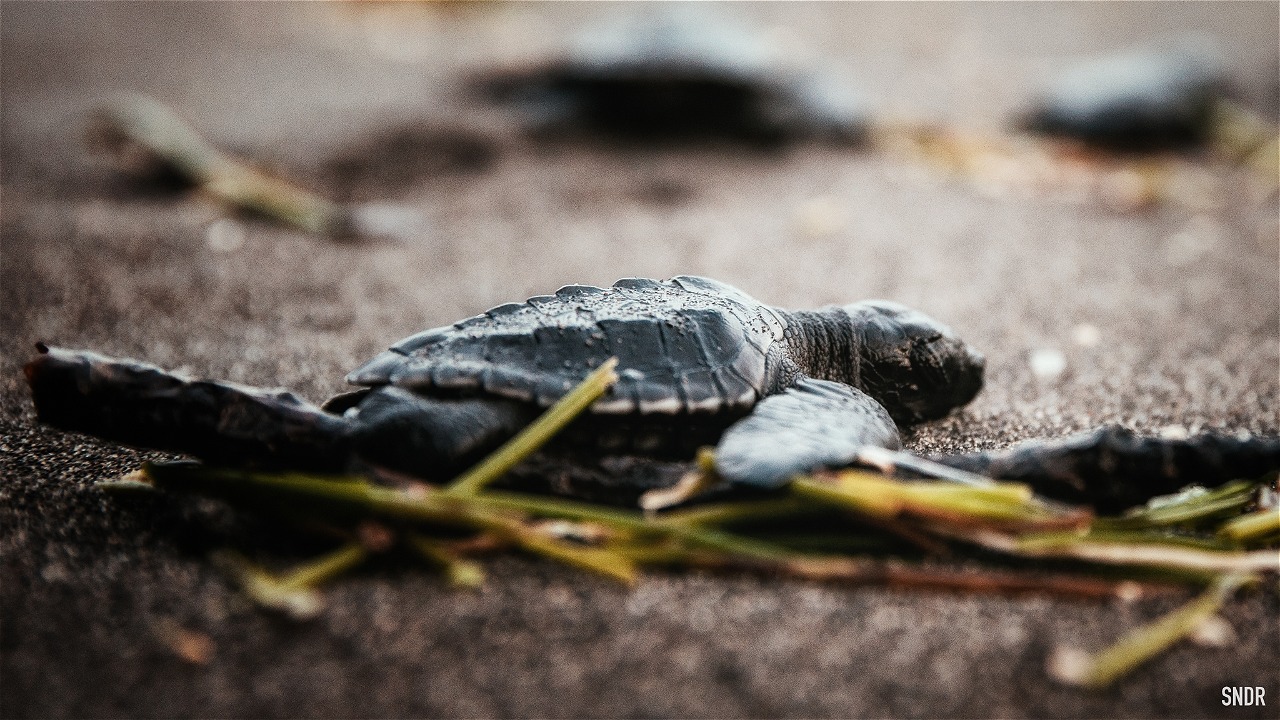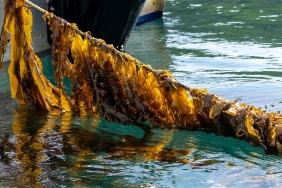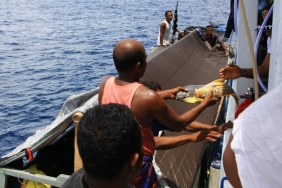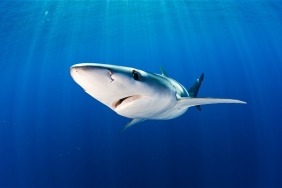CONSERVATION DISCUSSION: TRAVEL, COAST AND CONSERVATION
By: Denaya Karenzi (Volunteer Panda Mobile)
The hobby of traveling is loved by the public, especially millennials whose lives are always hunting for photo objects for social media needs. From Sabang to Merauke, there are many tourist attractions. The beach is one of the most favored tourist attractions. With a coastline of 99,000 kilometers, Indonesia is the country with the second longest coastline in the world. No wonder many people make the beach a vacation destination and take pictures. Therefore, there needs to be a shared awareness that the tourism activities we do in coastal areas will affect the ecosystem in the area.
In a Conservation Discussion (DisKo) that took place at Kaskus Playground on Friday (07/09), WWF-Indonesia invited the public to realize this potential. The Conservation Discussion entitled "Pelesir, Pesisir, dan Konservasi" presented Anton Wijonarno, Marine Protected Area for Fisheries Manager of WWF-Indonesia.
Anton opened the discussion by showing the beauty of Indonesia's coastal areas through several videos presented. "Indonesia has been turning its back on the sea. We are predicted to be an agrarian country, when in fact Indonesia is a maritime country." Anton also said that the prediction that Indonesia will run out of fish is very likely to happen if there is no change in people's behavior in utilizing the sea. In addition to fish, Indonesia is also home to six species of sea turtles and a variety of coastal biodiversity.
"We live far from coastal life (so) often feel there is no connection with the activities of urban communities. Is there any impact (of urban activities) on coastal sustainability?" asked Mira, one of the DisKo participants. "There are many trivial things that we can do everyday that can have a big impact. By reducing plastic waste, we help preserve the ocean and its biota, because the accumulation of plastic waste dumped from the riverbanks will lead to the sea. In the sea, sea turtles hunt plankton or jellyfish for their food. Plastic waste floating in the sea looks like jellyfish to sea turtles, so they eat it and eventually die," explained Anton.
Anton also explained the increasingly alarming condition of Indonesia's coastal areas. Of the 34 provinces in Indonesia, only five have shown improvements in mangrove land. Indeed, development cannot be prevented as the needs of society grow, but conservation does not mean stopping all development activities, but trying to be more prudent in resource utilization. "In addition to taking pictures when visiting the coast, we can contribute and help WWF-Indonesia by reporting the condition of the attractions we visit with the "Marine Buddies" application. So, we can travel to the coast while doing conservation," said Anton at the end of the Conservation Discussion session.





